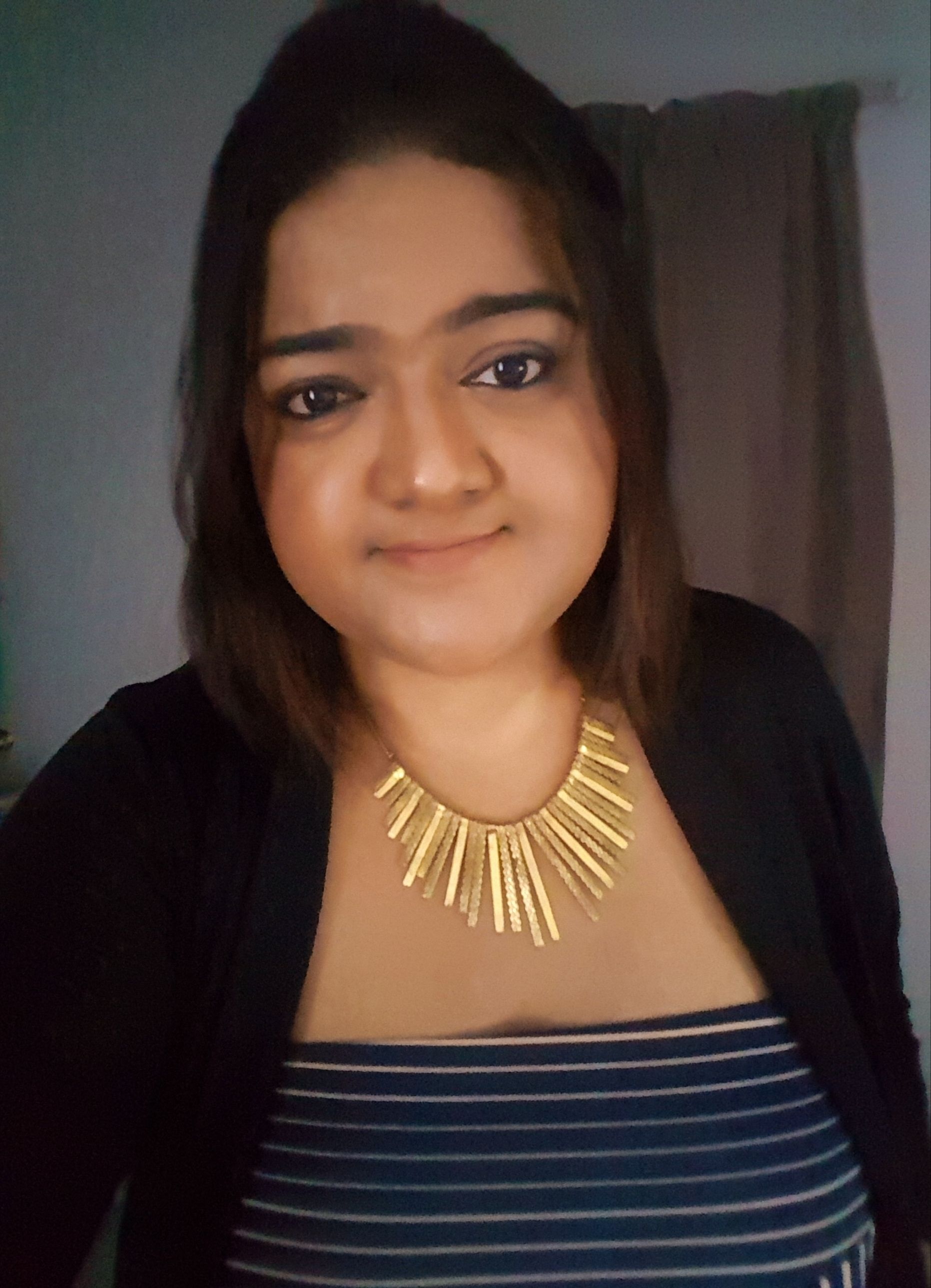
Travel & Tourism teacher at Renganaden Seeneevassen State Secondary School
Dissertation Title: Residents’ atitudes towards tourism: A case of Grand-Baie, Mauritius (2008) Submitted for BSc (Hons) Tourism, Leisure & Recreation Management with the University of Mauritius
Achievements
Having students classified among the Top 10 Performers at the National Level for Cambridge A & O Levels International Examinations almost every year
On one side, there is a syllabus to decipher, follow and cover. On the other side, students are finding it challenging to retain, think critically or communicate their views. In the middle, there is you, me, us – teachers.
These three elements, held parallel to each other, will never work. There has to be ways to bring them together to form a triangle whereby the syllabus, the students and the teachers are connected – with the appropriate supports such as that of the ministry, school management, parents, private institutions and the community. However, the tertiary education institutes are pressing the alarm button about the low quality secondary school leavers. Many variables come into play to explain this situation, for example - mixed ability classes, diverse student backgrounds, different social classes, unfavourable family environments, restricted access to proper technological logistics, lack of parental concern and students’ inability to balance their work and play time, among other reasons. This situation has to be remedied urgently.
The Sustainable Development Goals (SDGs) of UNESCO call for actions to reduce or eliminate problems rooted in countries or developing islands so as to leave a planet with a more prosperous environment for the future generations. The goal which appeals more to me as a teacher is the global education goal (SDG 4) which provides targets to achieve a better education system. Mauritius has already started aligning its curriculum frameworks with the SDG 4 for a more sustainable development by joining the 2030 Agenda. Is the 2030 Agenda finally showing a way to form a firm triangle of success between education, students and teachers?
Inspiring as it sounded, I chose to work towards the SDG 4’s vision for better output. Analysing the goals, I found that the Travel & Tourism syllabi also head in the same way as they aim to enable students to develop an understanding of the importance of the travel and tourism industry to host destinations, communities, the economy, globally, nationally and locally – keeping in mind changes, including technological advances, students’ own values, atitudes, communication skills etc. Hence, I embarked on a quest to find new teaching strategies – not necessarily complicated - or different assessment methods by doing with what I had. The type of students needed today should be able to work on their own as well as among peers - the labour market requires such task force. Therefore, the methods I use in class comprise of individual, pair or group works. Now, my teaching and learning methods include class debates, written projects, research followed by topical presentations, video- making of the students’ own tourism experiences and value education sessions. This not only help students with varied learning capabilities to adapt easily but also aid in developing skills such as critical thinking, teamwork, communication or the use of IT. On the other hand, nearly half of the students I work with come from difficult family backgrounds. Thus, I have to take this issue largely into consideration when planning my lessons.
To enhance my teaching and students’ learning by sharing different educational and vocational techniques with peers working in diverse international environments.
- To share Mauritius’ belief about an educational system and discuss about its success rate
- To exchange views on how different education sectors may work together, to bridge certain current gaps
between different levels, for a quality output.
- To learn methods of involving parents in school life.